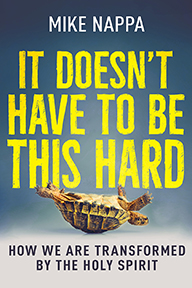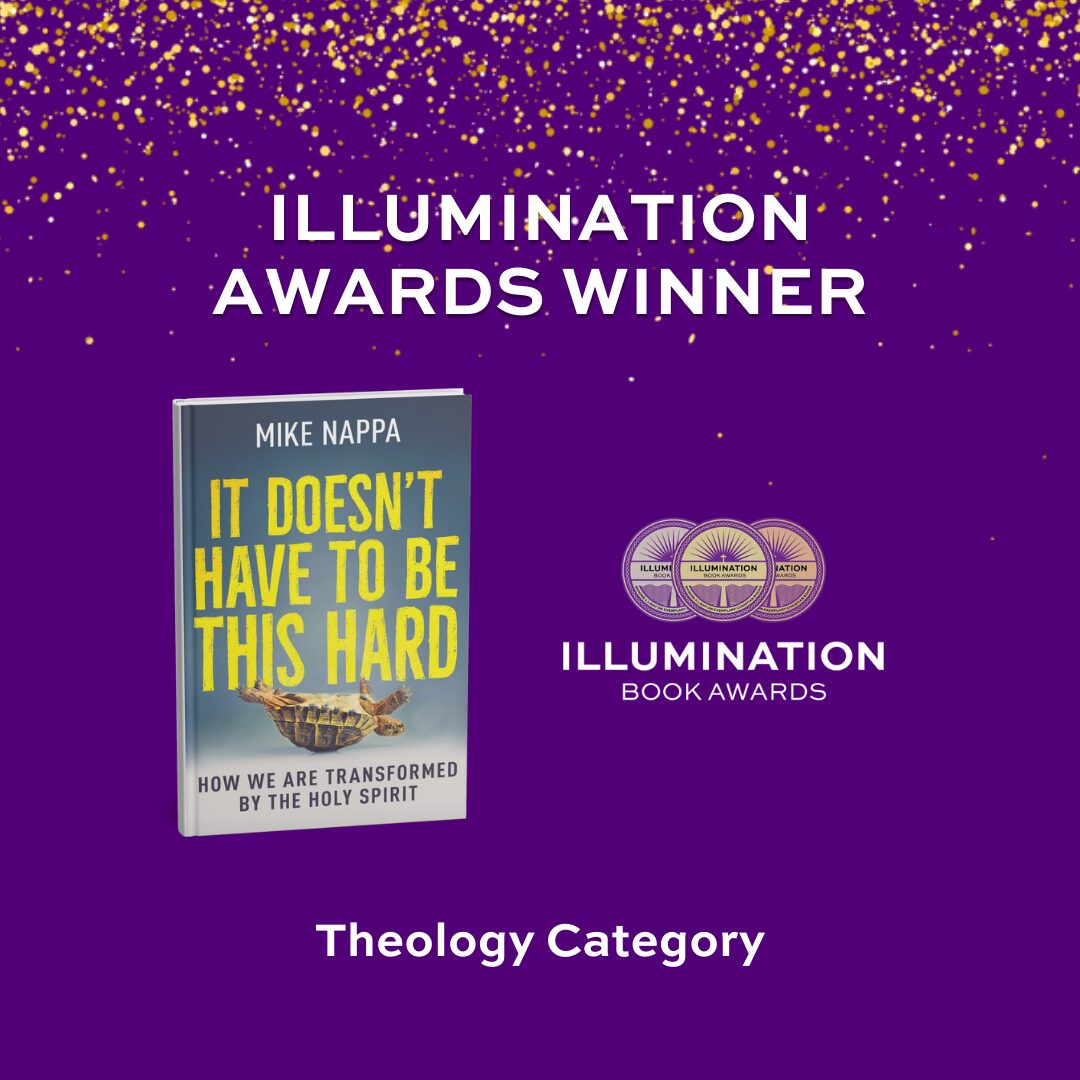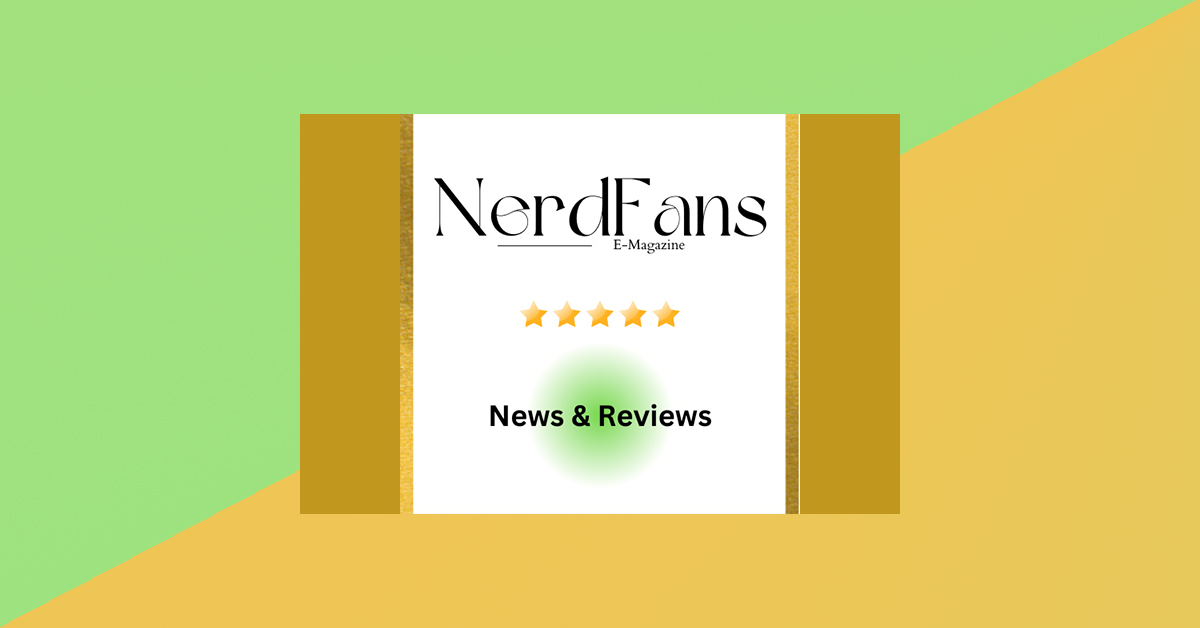|
Getting your Trinity Audio player ready...
|
An Editorial Team reason for rejection
It’s a free country, ain’t it? Freedom of speech and the press is guaranteed in the First Amendment to the U.S. Constitution. Thus, I can publish anything I want about any topic I want, right?
Well, sort of.
Yes, if you can afford to self-publish, you can say just about anything in print as long as it’s not criminal.
Ah, but if you’re looking to disseminate your thoughts widely through a traditional publishing house, in book form, well, your freedom of speech just got a lot less free.
It’s kind of the obvious, dirty little secret in publishing, but those in power tend to stifle viewpoints that don’t match their values. This applies to the values of an overall corporation as much as it does to an individual editor’s values.
Or, to put it another way: Yes, I will censor you by not publishing you.
And if enough of us choose to do that, you will effectively be silenced by our society.
On the one hand, this type of censorship is a necessary byproduct of capitalism. We publish what our audiences will buy. Our audiences tend to adhere to certain value sets, so we do too. Additionally, my right to freedom of speech includes with it a guarantee that I can’t legally be forced to print viewpoints which I find disagreeable or not in keeping with my values. Those are good things, with self-correcting social mechanisms that actually work in our favor…
…Unless you’re on the wrong side of the values continuum and find yourself shut off from the privileges of publishing.
And make no mistake, this happens over trivial values as much as it does over the “biggies” in the moral universe. I’ve seen books rejected by some publishers for being “too religious” that were then rejected by others for being “not religious enough.” I’ve seen books rejected because an editor disliked the author’s political views, or because an editor was offended by violence or because a story wasn’t violent enough or because a politically incorrect word was used or because an editor hated cats or because an editor was an avid environmentalist or because an editor was not an environmentalist or…well, you name just about anything a person can have an opinion about and that’s been a reason for rejection.
At any rate, we can’t ignore that an editorial rejection of a manuscript is, at its purest, a human decision. Every human decision is governed by the values ingrained in the person making that decision.
Thus, if you send me a book proposal that grates against my values (say, a book promoting voluntary castration or a story that features cats as anything besides spawn of Satan), I’m going to reject it.
As they say in politics, values matter.
What You Can Do About It
1. Find out who shares your values in publishing
For starters, while not all viewpoints are welcome at all publishing companies, most viewpoints are certainly welcome at some publishing company somewhere. Because of the broad diversity of opinion in America—and the entrepreneurial spirit inherent in our society—somebody out there probably publishes from a similar value perspective as you. Your job is to find that publisher.
According to Parapublishing.com there are about 400 medium- to large-size book publishers in the United States, and then thousands more small publishers to boot. So take some time to explore who publishes what, and locate those that appear to share your values. The reference book, Writer’s Market, has all kinds of subject indexes that organize publishers according to the types of books they release, and this can help you determine a company’s values too. Also, you can check corporate websites for mission statements and backlist titles that’ll help you determine whether or not your values would fit with specific publishing houses.
Once you know who shares your values out there, you’ll do a better job of avoiding the ones who don’t—and that’ll increase your chances of publication as a result.
2. Get to know what your editors value.
Individual editors have their own quirks and values as well, and sometimes that value set will override even the editor’s stated corporate values when making a decision about your book. So try to discover what hot buttons elicit reactions, if you can. Often, you can simply ask an editor what his or her passions in publishing are and that editor will let you know what’s important.
Additionally, many editors today blog as part of their job responsibilities. If that’s the case with an editor you want to work with, then subscribe to that editor’s blog. That person’s values will soon come out in the random conversations he or she posts in the blog. And also go ahead and get on an e-newsletter list or two from companies that appeal to you. Those emails will mostly be marketing copy, but they’ll also tell you what people inside the building see as valuable and important in their business.
3. Self Publish.
This is, of course, the only true way to express your freedom to speak your mind in print. Of course, this also discriminates against those who don’t have the money to afford it and against those who don’t have the knowledge and resources to widely promote a book. Still, no society is perfect, and at least this option exists for you. In many other non-democratic nations, self-publishing material that expresses values against the accepted norms is illegal, so count your blessings where they may be found.
If you find yourself truly locked out of the public conversation because your values or viewpoints are being censored by the decision-makers at America’s publishing centers, then self-publishing may be your best option. After all, it’s a free country.
Looking for more? Check out these links:










